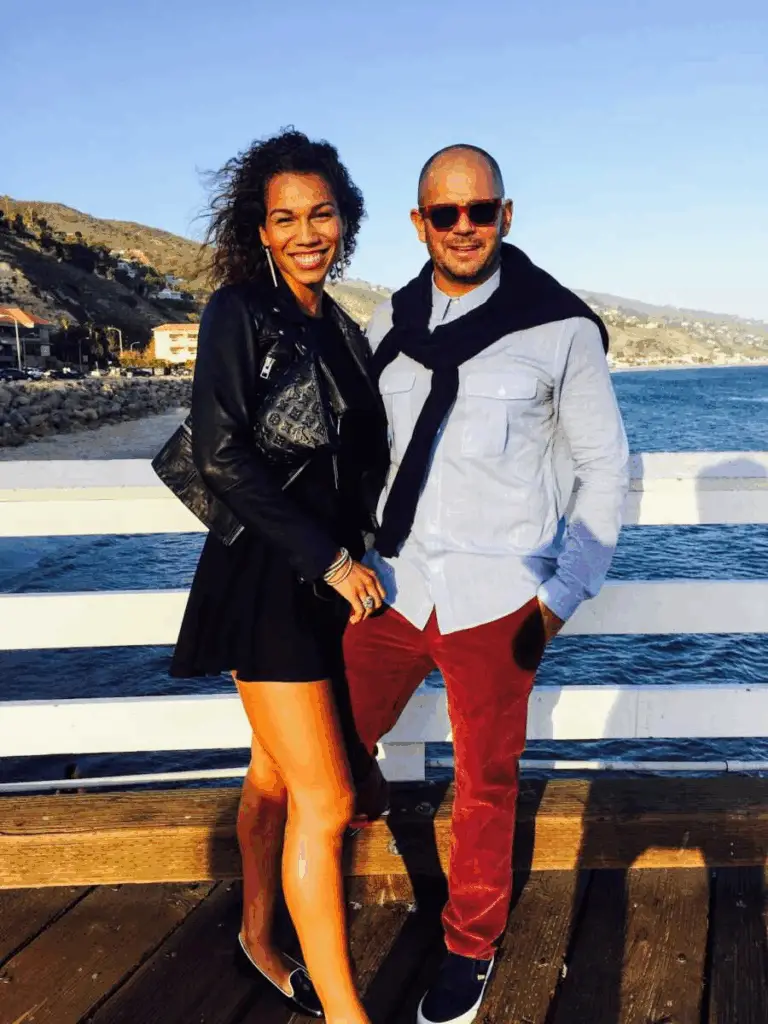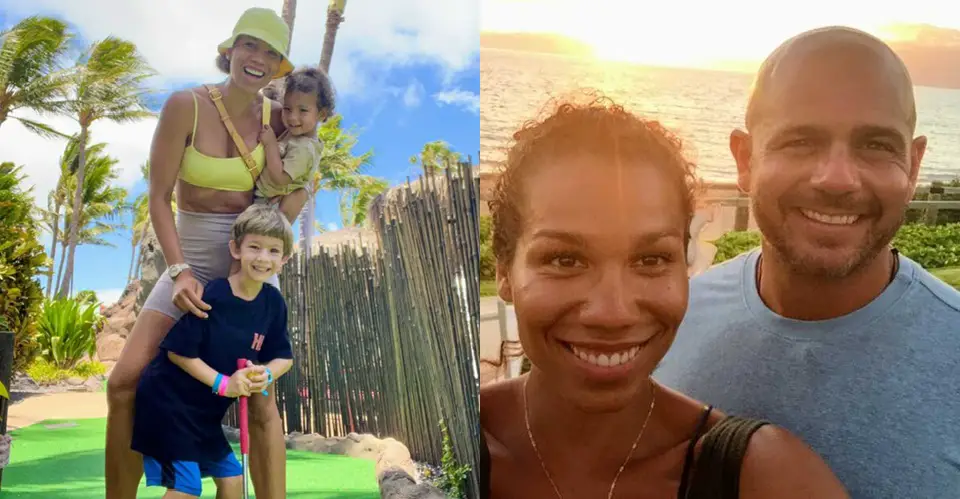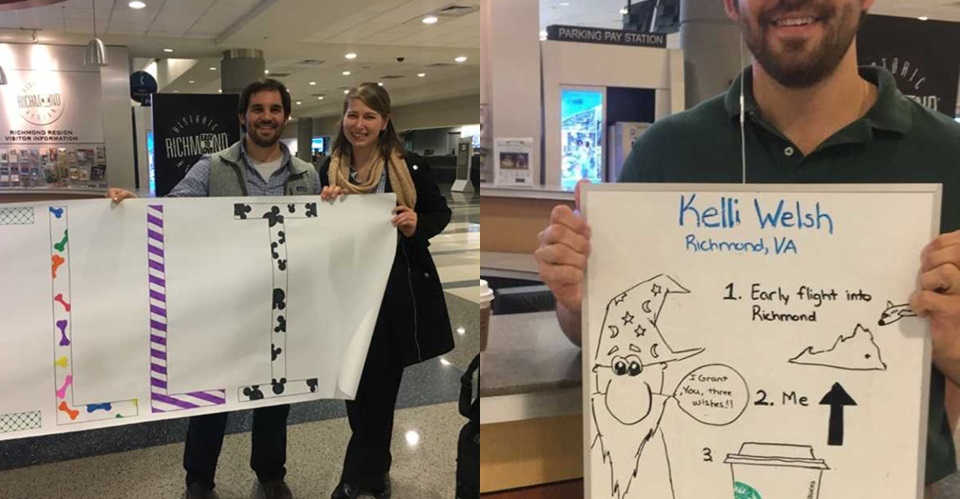Joie’s journey is a testament to the fact that love endures beyond death, shifting from presence to memory, from physical touch to whispers of the wind, from laughter shared to rainbows sent across the sky, reminding her and her sons that even in loss, they are never truly without him. On the day she lost her husband, Joie was already carrying the unbearable weight of caring for her father during his second battle with throat cancer.
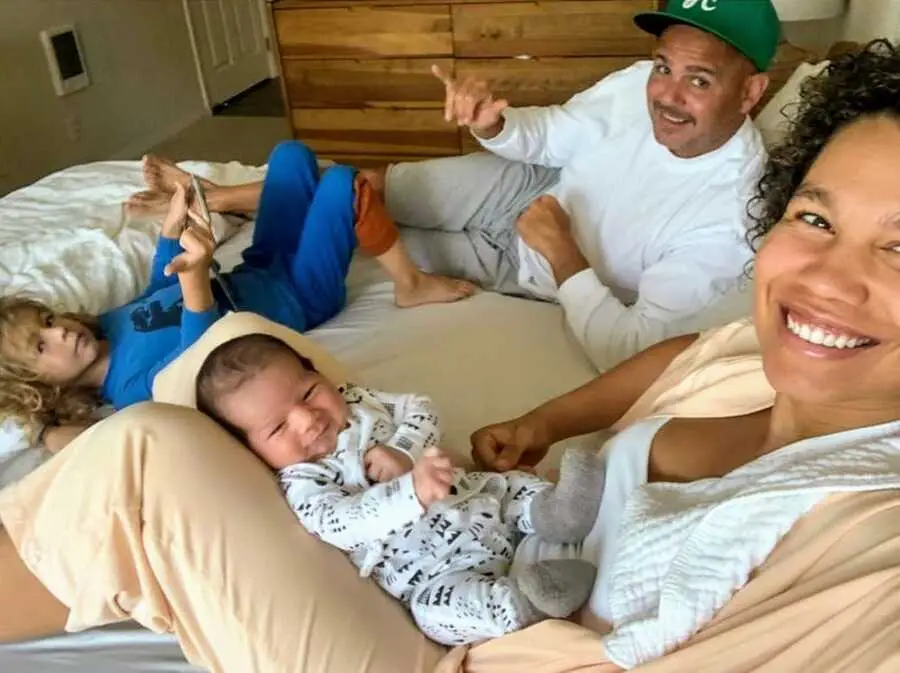
She had returned home to Maui with her two young sons, juggling hospital visits and her stepmother’s decline, and the looming threat of her parents’ eviction during a housing crisis. That morning, exhausted yet hopeful for a miracle, she answered a FaceTime call from her husband, Joe, who teased her gently, told her how much he missed them, and laughed with their children. She didn’t know it would be her last time seeing his face.
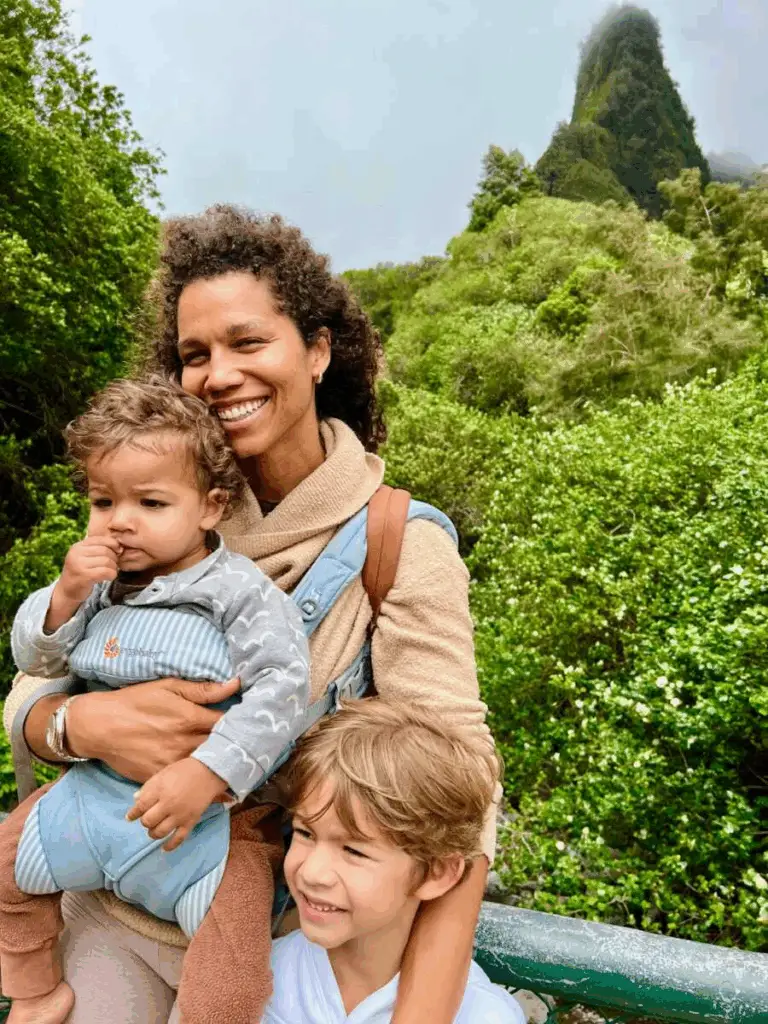
Just hours later, while managing her father’s treatments, she received a cryptic text from Joe’s hiking friend asking her to call back. When she finally did, the call dropped after the chilling words,” Joie, are you sitting down?” In that instant, her heart knew the truth her mind refused to accept. Joe had died of a sudden heart attack while hiking the Santa Monica Mountains, his life gone within minutes, leaving behind the women he adored and the two young sons who were his world.
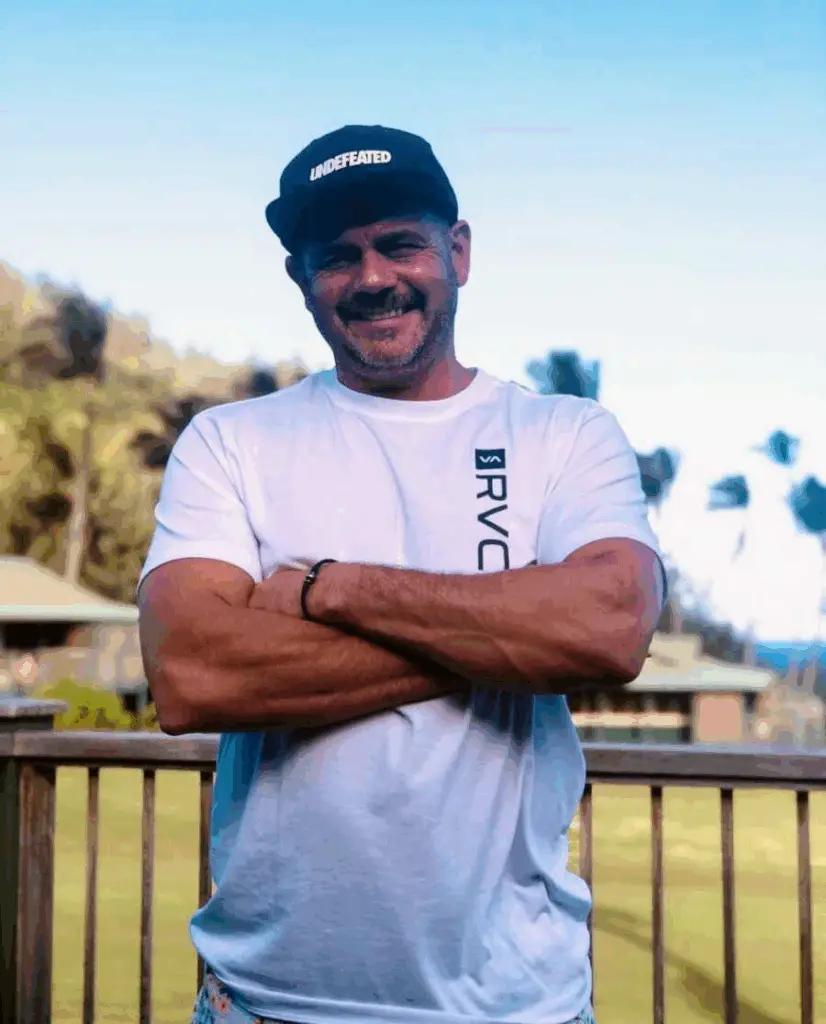
Joie’s story with Joe was one of love that felt destined. Years earlier, Joie had left New York for California in search of balance and signed up for Match.com almost on a whim. Their connection was immediate, the kind of love people describe as once in a lifetime. Within six months, Joe proposed on a golf course, and they were married at a lavender farm in Maui, where a powerful gust of wind seemed to bless their vows. Their life together was simple, joyful, and full of laughter, with Joe always making their family feel like the center of his universe.
He was a man who had always known he wanted to be a father, and he poured himself into that role wholeheartedly. Losing him shattered Joie’s sense of home and belonging. The grief was overwhelming, compounded by the responsibilities of raising her boys and caring for her father.
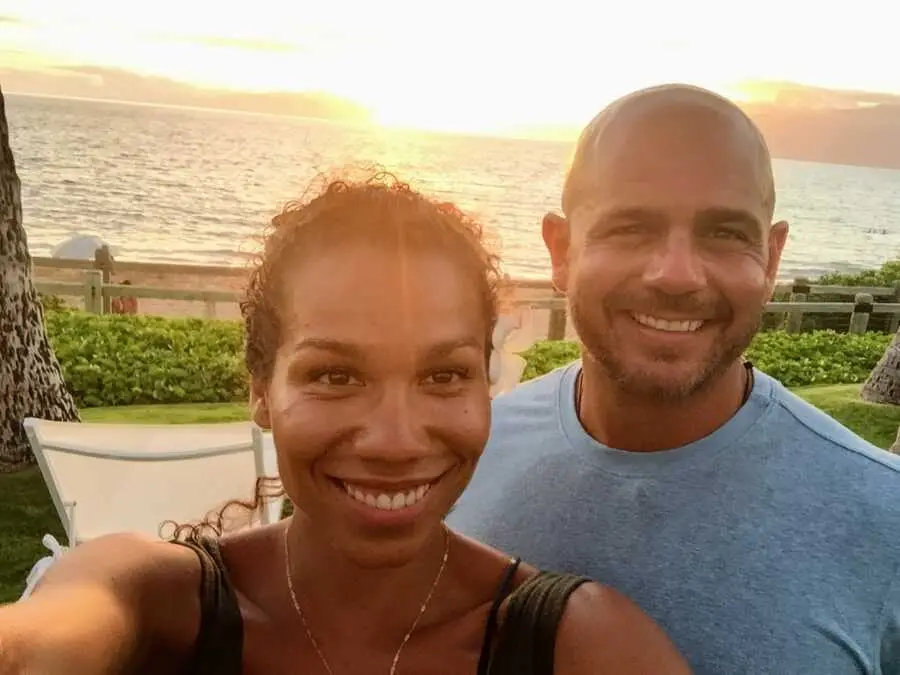
At times, the pain felt too heavy to bear. She often asked herself the unanswerable question:” How am I supposed to live without you?” Yet, in the smallest gestures, her son’s laughter, kindness from friends, or the whisper of the wind, she found fleeting reminders of Joe’s presence.
Their shared Buddhist faith, which often reflected on the impermanence of life, gave her words to lean on, but no philosophy could soften the shock of his sudden absence. In the weeks after his death, Joie couldn’t eat or sleep, often expecting him to walk through the door. Family and friends stepped in to care for the children, surrounding her with support. She planned Joe’s memorial and realized she could no longer stay in California.
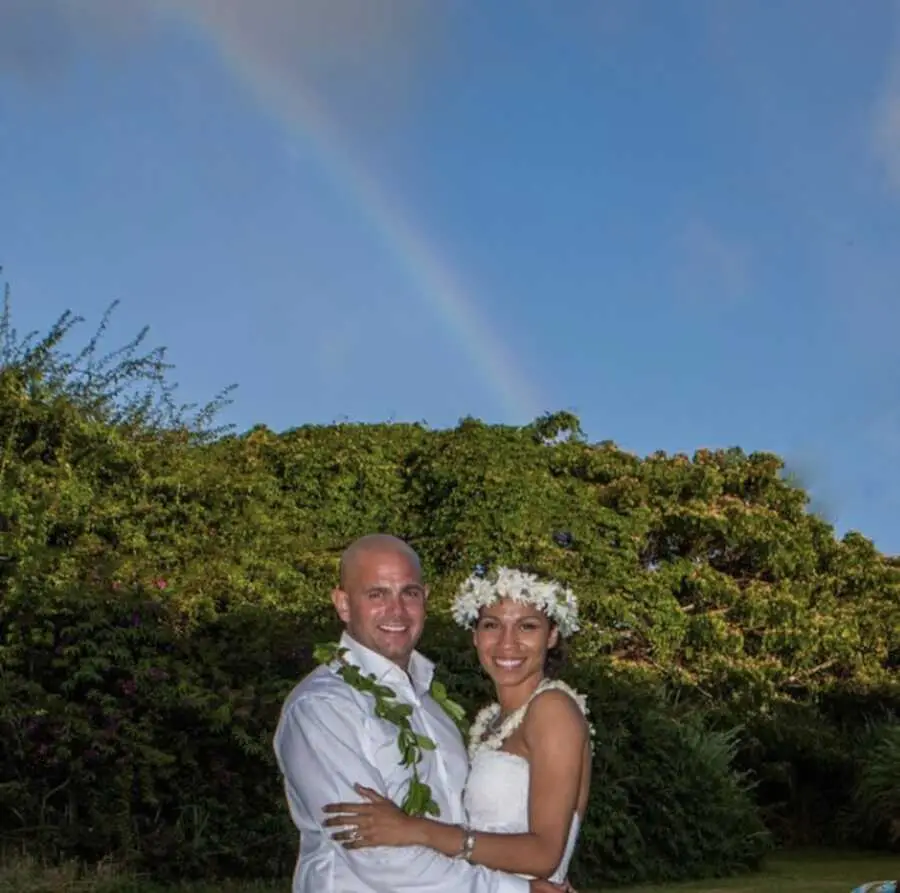
The home they built together felt unbearably empty. She packed up their lives and returned with her sons to Maui, determined to honor their shared dream of raising the boys there. Her grief was deepened further when her father lost his battle with cancer. Grief became something she had to consciously “schedule.” She described it as rolling over minutes: if you don’t feel it now, it will demand to be felt later. For the sake of her children, she tried to model resilience, showing them how to hold space for feelings without being consumed by them.
In the process, she began to carry parts of Joe with her. She found herself drawn to the things he loved, most especially golf. Though she had never picked up a club before, using Joe’s golf set gave her a sense of connection. On the course with her sons, she felt him near, guiding her, calming her fears, and keeping his spirit alive through the game he had always wanted to share with their family.
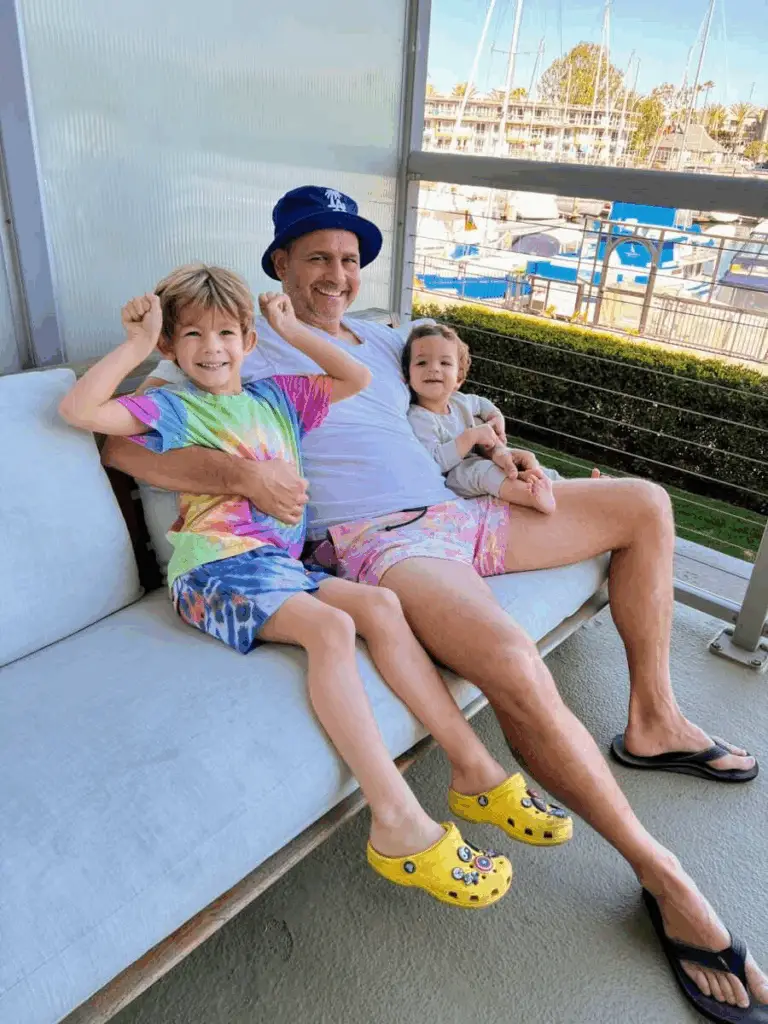
Joie’s journey became one of noticing signs, small moments that reassured her that her love with Joe had not ended. One evening, after pleading for comfort, she dreamt of Joe taking their son on a train ride. A rainbow arched across the sky the next day as she drove her boys home from the golf range.
When she looked at the photo she had snapped, the rainbow appeared to end at the old Sugar Cane Train sign, a long-abandoned landmark on Maui. For Joie, it was Joe’s way of saying he was still with them. Rainbows, always his symbol of impermanence and beauty, became her reminders that love stretches beyond the physical world.
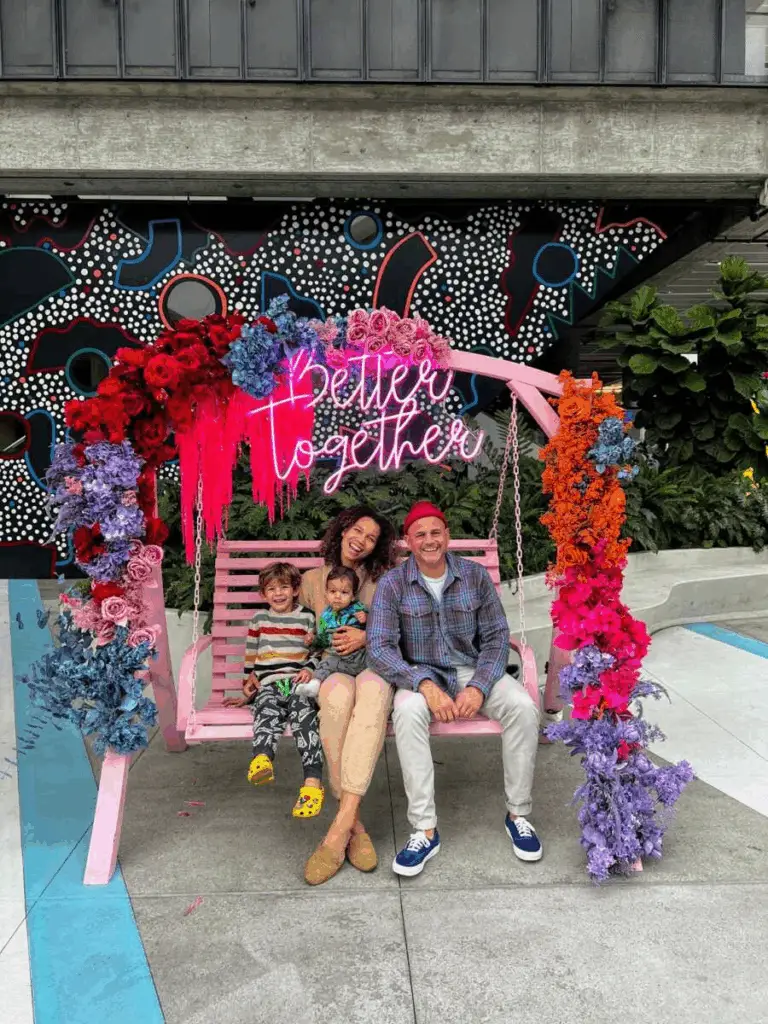
Though the pain of loss is constant, Joie has found a way to weave her grief into daily life without letting it consume her. She has learned to see her relationship with Joe not as ended, but transformed, no longer physical, but deeply spiritual.
The love they shared continues in their children’s laughter, her newfound passion for the things he cherished, and the unexpected signs that show up when she needs them most. Her story is about learning to live with grief, to carry both sorrow and gratitude, and to believe that death is not the end.
